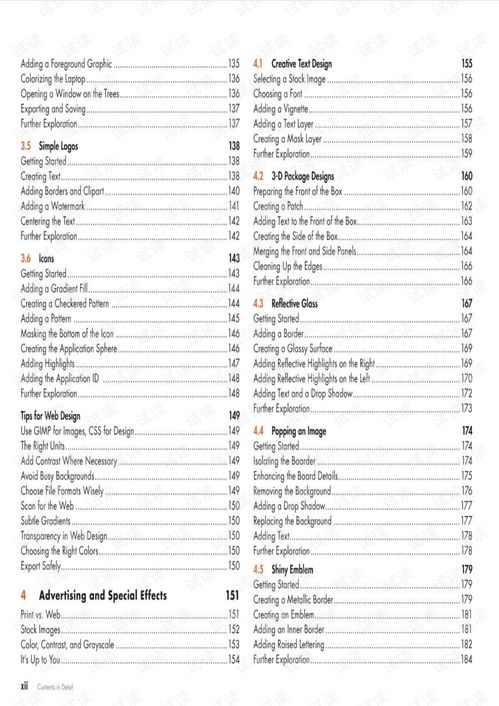Content:
Embarking on the journey of learning to fish can be an exciting yet daunting experience for the pure beginner. Whether you're drawn to the tranquility of freshwater lakes, the thrill of saltwater adventures, or the challenge of fly fishing, mastering the art of fishing requires patience, practice, and a willingness to learn. Here's a comprehensive guide to help you get started on your fishing journey.
Choose the Right Gear
Before you can start fishing, you'll need the right equipment. Here's a breakdown of the essential gear you'll need:
Rod and Reel:
- Type: Depending on your fishing style, you'll need a spinning rod for freshwater or a casting rod for saltwater.
- Size: The size of your rod and reel should match the type of fish you're targeting. Consult with a fishing store expert for recommendations.
Line:
- Type: Monofilament, fluorocarbon, or braided line, each has its advantages. Monofilament is flexible and forgiving, fluorocarbon is nearly invisible underwater, and braided line is strong and durable.
- Strength: The line's strength should be appropriate for the fish you're aiming to catch.
Hooks:
- Size: Hooks come in various sizes, and the size should match the bait or lure you're using.
- Type: Depending on your fishing method, you might need jigs, hooks with weights, or specialized hooks for fly fishing.
Bait and Lures:

- Natural Bait: Live bait like worms, minnows, or crickets can be effective.
- Artificial Lures: Lures come in a variety of shapes and sizes and can mimic the movement of real fish prey.
Learn the Basics of Casting
Casting is the process of throwing your lure or bait into the water. Here are some casting tips for beginners:
- Practice: Spend time practicing your casting technique on dry land before you get on the water.
- Tension: Keep a slight tension on your line as you cast, but don't pull too hard.
- Timing: The timing of your cast is crucial. Release your line just as the lure reaches its target.
Understand the Basics of Fishing Techniques
There are several fishing techniques you can try, each suited to different types of fish and environments:
- Still Fishing: This involves casting your line and letting it sit still, waiting for a bite.
- Trolling: Trolling involves moving your boat and your lure at a steady speed to attract fish.
- Fly Fishing: Fly fishing requires a different rod, line, and technique, where you imitate insects with a fly rod.
Learn to Read the Water
Understanding the water you're fishing in is key to successful fishing. Here's what to look for:
- Structure: Look for rocks, logs, and other structures where fish might hide.
- Vegetation: Fish often hang around aquatic plants and weeds.
- Current: Observe the flow of the water to determine where fish might be holding.
Understand Fish Behavior
Different fish species have different behaviors and preferences. Research the species you're targeting to understand their habits:
- Feeding Times: Many fish are more active during certain times of the day, such as early morning or dusk.
- Water Temperature: Fish are more active in warmer water, but some species prefer cooler temperatures.
- Seasonal Patterns: Fish migration and spawning patterns can change throughout the year.
Be Patient and Observant
Fishing is a waiting game. Patience is key, and so is observation. Pay attention to the following:
- Bites: Learn to recognize the subtle signs of a bite, such as a sudden change in the line's tension or a tap on the rod.
- Environmental Changes: Be aware of changes in the environment that might affect fish behavior, such as weather changes or the time of day.
Safety First
Always prioritize safety when fishing:
- Weather: Check the weather forecast and dress appropriately.
- Boating: If you're fishing from a boat, ensure it's equipped with the necessary safety gear, such as life jackets and a first aid kit.
- Location: Fish in areas you're familiar with and know the local regulations.
Join a Fishing Community
Connecting with other anglers can provide invaluable advice and camaraderie. Join local fishing clubs, attend fishing expos, or join online forums to learn from experienced anglers.
By following these tips and dedicating time to practice, you'll be well on your way to becoming a skilled angler. Remember, fishing is a lifelong learning experience, and every trip to the water offers new opportunities to improve your skills. Happy fishing!












